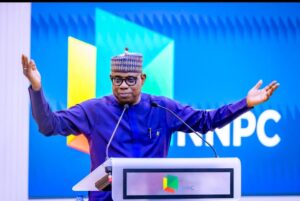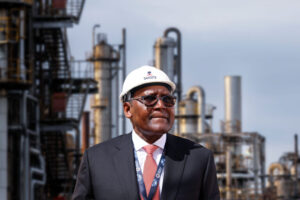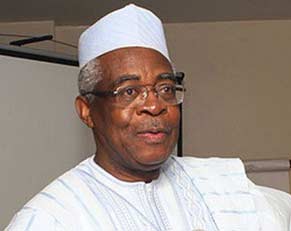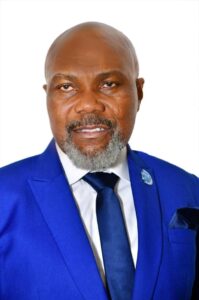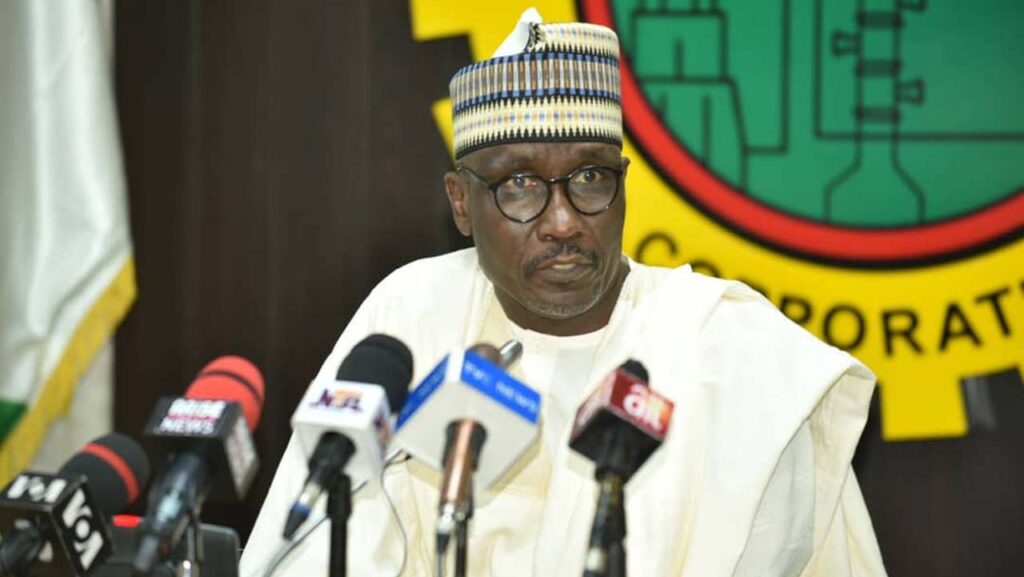
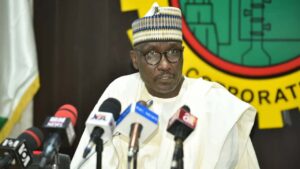
OVER 70 PER CENT NIGERIANS FACING ENERGY POVERTY -KYARI
Mele Kyari, Group Chief Executive Officer ( GCEO) Nigerian National Petroleum Company Limited said over 70 pee cent of
Nigeria population is currently facing energy poverty as over 70 do not have access to clean cooking oil.
He also said,over 50 per cent of the population also do not have access to electricity in the country.
He disclosed these on Tuesday while speaking on the topic: ‘Nigeria’s Energy Landscape, for sustainable energy future’ at the ongoing Nigerian Oil and Gas Conference in Abuja.
He said: “What are we talking about, it is about energy availability, affordability and sustainability. Everybody wants this not just Nigeria, not Africa but every part of the world thinks this same way: that energy must be available, it must be affordable and also it must be supplied in a sustainable manner. But where are we in our country today, in terms of availability, 70 per cent of our population do not have access to clean cooking oil.
“Over 50 per cent don’t have access to electricity. And that is the truth, so is energy available or is it a problem of affordability or is it that we have unsustainable framework. It is a combination of all of them, I think we are dealing with a combination of all of them. Energy is not available. It is not affordable, in very many sense, because of many of the structures that have been mentioned here earlier, pricing, many issues that have made affordability a matter of concern. You can’t even afford financing for it. Nobody is going to give you money for a project that you are not going to get back your money.
“And that is what it is, today, NNPC is exposed to all of you now. Not just the government, you supply gas you don’t get Payment for it. You supply power you don’t get Payment for it. So you can’t run any business this way. So it cannot be sustainable. You cannot create affordable energy and it will not be available. So there are some multiple issues that is for all of us”.
The Permanent Secretary, Federal Ministry of Petroleum Resources, Ambassador Gabriel Tanimu Aduda, said that a lot is happening in the petroleum industry, adding that whether anybody likes it or not, fossil fuels will still be here with us for over a 100 years to come, despite the raging campaign for energy transition.
He added that over 40 per cent of Africa’s energy mix comes from renewable energy, which he said is way higher than any other continent on the earth.
Meanwhile,Petroleum Technology Development Fund (PTDF) has declared that it ready for the coming energy transition as it has not only invested hugely in the development of infrastructure in the Universities across the country but has also trained the teachers in line with dynamics of the energy solutions across the globe.
Dr. Bello Aliyu Gusau, the Executive Secretary of PTDF, stated this at the ongoing 16th Nigerian Association for Energy Economics (NAEE), a three day annual international conference with the theme: ‘Energy Evolution, Transition and Reform: Prospects for African Economies’ holding in Abuja.
Represented at the occasion by Mr Jide Adebulehin, the PTDF boss declared that the Fund is ready to provide required trainings for people currently in the industry such that they can be of better use in line with energy transition.
He added:”We not only in invest in infrastructure in the universities, we also train the teachers. We cannot continue sending people abroad. Sending people abroad is just for a short term Programme. And in view of the energy transition and it’s variables from one geopolitical part of the world to another, in PTDF we are ready for what could be proper for our geopolitical zone considering our energy security. And we are ready to train even people who are in the industry now so that they can be of better use in view of the transition”.
Dr. Gusau, reiterated that the Fund is never tired of partnering with stakeholders in finding solutions for better energy solutions in the country.
He noted that it has literally supported various universities in the country, stressing that apart from sending Nigerians abroad for capacity building, the Fund has developed facilities across the nation through partnership with local universities

